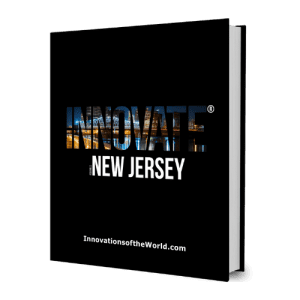18Loop deploys advanced virtual reality (VR) headsets to kids with cancer to help them tolerate treatment, recover and thrive. 18Loop has distributed over 100 VR headsets to children with cancer in 32 states.18Loop reaches its children through a partnership with the American Childhood Cancer Organization (ACCO). Virtual reality is vital in healthcare, and we have seen its benefit in bolstering mood, limiting pain, increasing physical activity, promoting collaboration and introducing immersive learning. VR is more effective than morphine for pain when the correct environment is introduced. It also has no addictive qualities. Our experience with kids with cancer has been that the technology is a true family intervention.
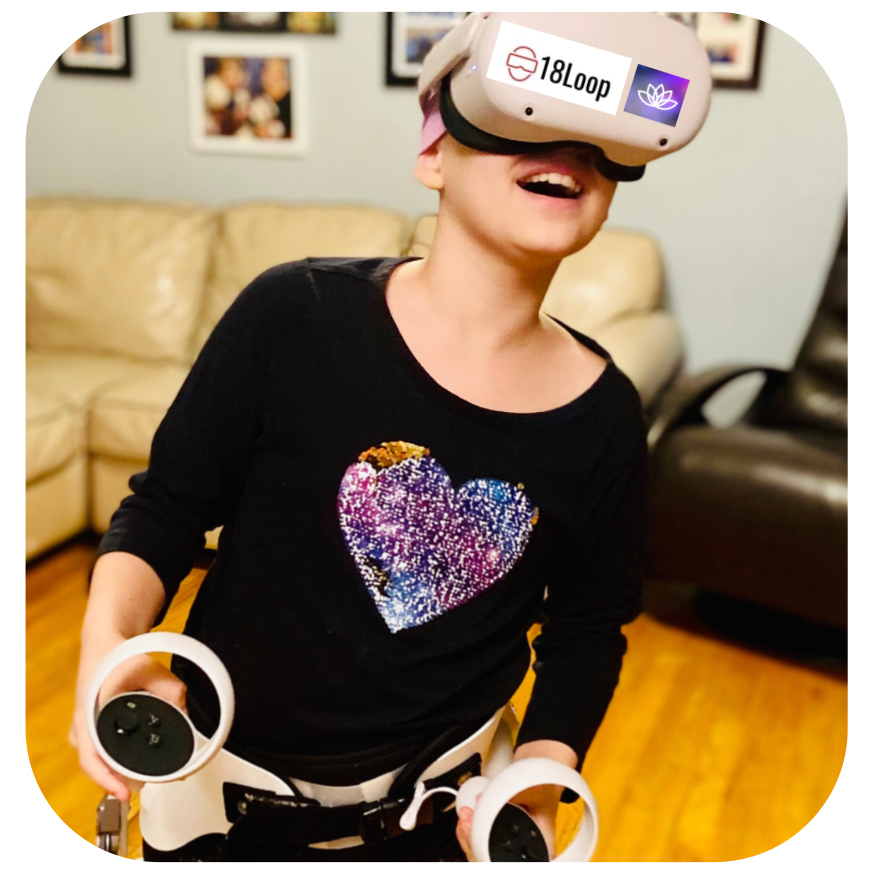
Statistically, 16,000 children are diagnosed with cancer in the United States each year. Over 400,000 are diagnosed globally. It normally takes three or more years for a child to win the fight against pediatric cancer. 87% of the children who are diagnosed win their fight, but not without serious lingering side effects that require continued support. What’s worse is that most treatments are optimized for adults with very little innovation and drug development taking place that is targeted for the pediatric population. However, as a nonprofit, 18Loop is undeterred by the statistical data or market demographics. Our team knows that mood is vital to maintaining the fighting spirit for our affected kids and that spatial computing technology has matured to the point that its impact as an intervention can be measured and quantified.
These days, our kids use Meta Quest 2 technology for pain distraction, but also to meditate, collaborate and participate in immersive learning. The tech has come a significant way and we expect access to VR, augmented reality (AR) and other spatial computing capabilities to mature technologically and be impacted by commoditization over time. This will help with access as standards develop and mature and hardware costs are driven down not by subsidy but by the perfection of the manufacturing process and price drops in components. We are already anticipating new releases from Meta, Apple and others who will raise the bar.
Late one night during the formative first year of 18Loop, I watched a TV news segment that touted the potential benefit of Virtual Reality. Underserved students were exposed to VR immersion in environments that they otherwise wouldn’t have had access to that simulated travel around the globe. So as 18Loop, our new nonprofit, began testing Oculus, we became convinced that VR could be transformational and radically impactful to our constituents. I was absolutely amazed how immersion created a sense of wonder through the early Oculus technology. Even at the cutting edge of technology adoption, it was immediately obvious that VR could have a profound effect. Initially, our belief was that immersion was an entertaining distraction, but a series of discussions with healthcare innovation leaders, oncologists and the parents of teen cancer patients indicated that the benefit was deeper than our team had imagined. The first obstacle that we had to overcome in our mission to deliver VR to pediatric cancer patients was finding the right methodology and partner with whom to conduct research. The organization that allowed us to distribute our initial headsets was the American Childhood Cancer Organization (ACCO).
Founded in 1970, the ACCO has been at the forefront of education and advocacy for children with cancer for the past five decades. In addition to addressing the disparity between adult and childhood cancer research funding at the state level, ACCO distributes more than 35,000 educational materials to children with cancer and their families without charge each year. The organization identifies gaps in educational resources, recruit leading experts in the field as authors, then publish comprehensive books to assist families with the difficult decisions they must make in hope of a cure for their child. Comprehensive resources include the only book in the world on the diagnosis and treatment of a lethal brain tumor called Diffuse Intrinsic Pontine Glioma (DIPG); the only book written on pediatric palliative care for children with cancer; a comprehensive book for teachers called Educating the Child with Cancer, among others. The ACCO’s attention to the educational needs of children and adolescents with cancer and access to cancer families and institutions made our partnership perfect. Together, we started a pilot program to bring VR technology to teens with cancer with the goal of reducing anxiety, stress and pain during treatment. The program has been incredibly successful, including reducing anxiety for teens during end-of-life.
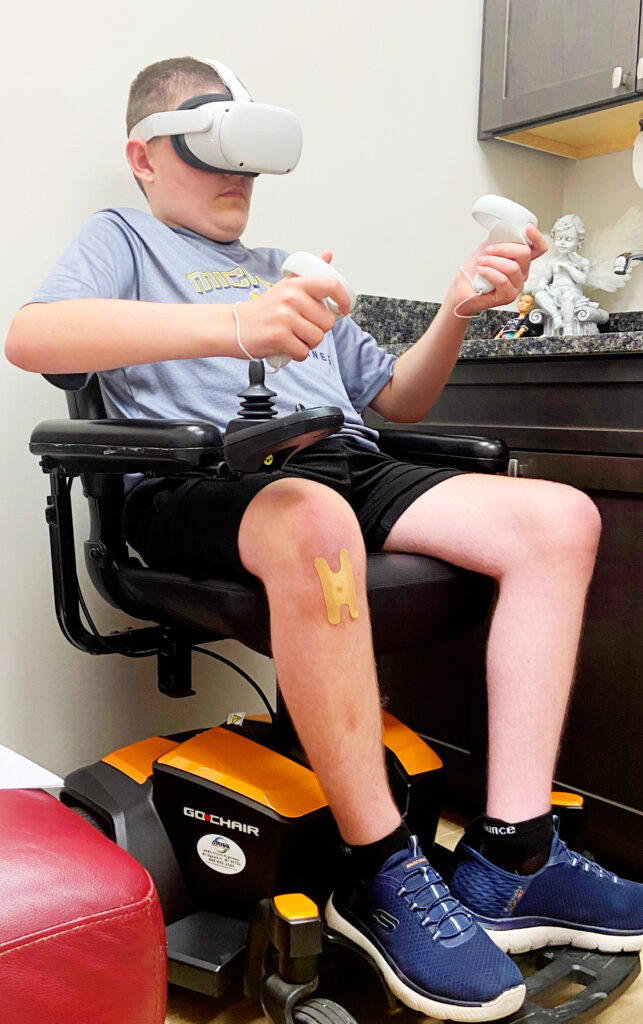
Three years ago, the Acco’s CEO, connected us with Elizabeth, the first child with cancer to receive an Oculus Quest VR headset. 18Loop had offered the ACCO a few different early VR options, and we settled on the Facebook/Meta headsets we felt could deliver a potential result. That was the beginning of our research initiative, the Joint Experimental Intervention Research Study, or JEIRS. Today, 18Loop has over 100 headsets in the hands of teens and children with cancer, and the results are making an impact that even our most optimistic forecast could not envision. The ACCO allows 18Loop to reach kids with cancer directly, provide them with Oculus headsets to keep and to monitor their progress both at home and in the hospital. Our close partnership, augmented with funding from Servier Pharmaceuticals, allows our team to circumvent arduous hospital institutional review board processes and the controls that keep us from operating without impediments. This is a perfect situation for 18Loop, as the budgetary constraints of funding research in cancer centers as well as the length of the studies themselves didn’t allow us the experimental flexibility that we required to make an immediate impact.
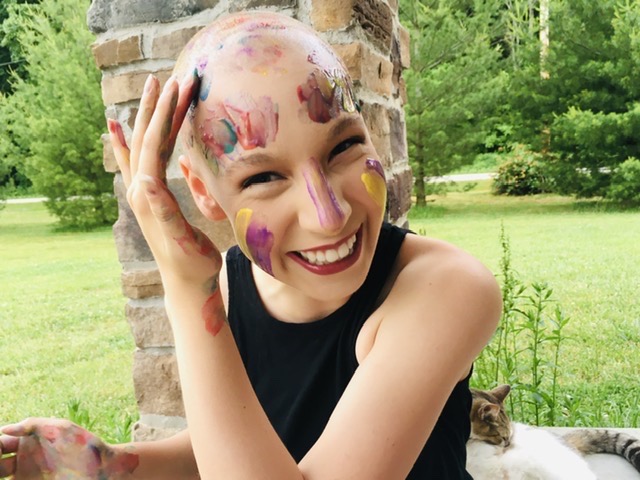
There is much truth to the fact that we learned an amazing amount organizationally by simply gathering feedback from Elizabeth and our first few 18Loop kids and sharing it with experts and peers. Elizabeth, a sixteen-year old pageant queen, was suffering from a relapse of neuroblastoma and her family unit was suffering with her. The process by which VR technology was recommended and eventually used by Elizabeth’s family was organic and surprising. When the 18Loop team discovered that Elizabeth was regularly working on her mood by immersing herself in our recommended Tripp environment for virtual meditation, we were overjoyed to hear that the benefits were felt quickly. What we did not know was that Elizabeth’s brothers would use Tripp to calm down when their emotions ran high as they coped with their sister’s illness. Also, to exercise and release energy, we found that our early research participants would immerse themselves in Beat Saber and boxing games that we initially didn’t proactively recommend. Part of the beauty of giving away the headsets has been the freedom that cancer families have in choosing content. To this day, we strongly recommend software to affect mood. That being said, we are frequently surprised about how the kids use their headsets when they are not immersed in the environments that we package with the tech.
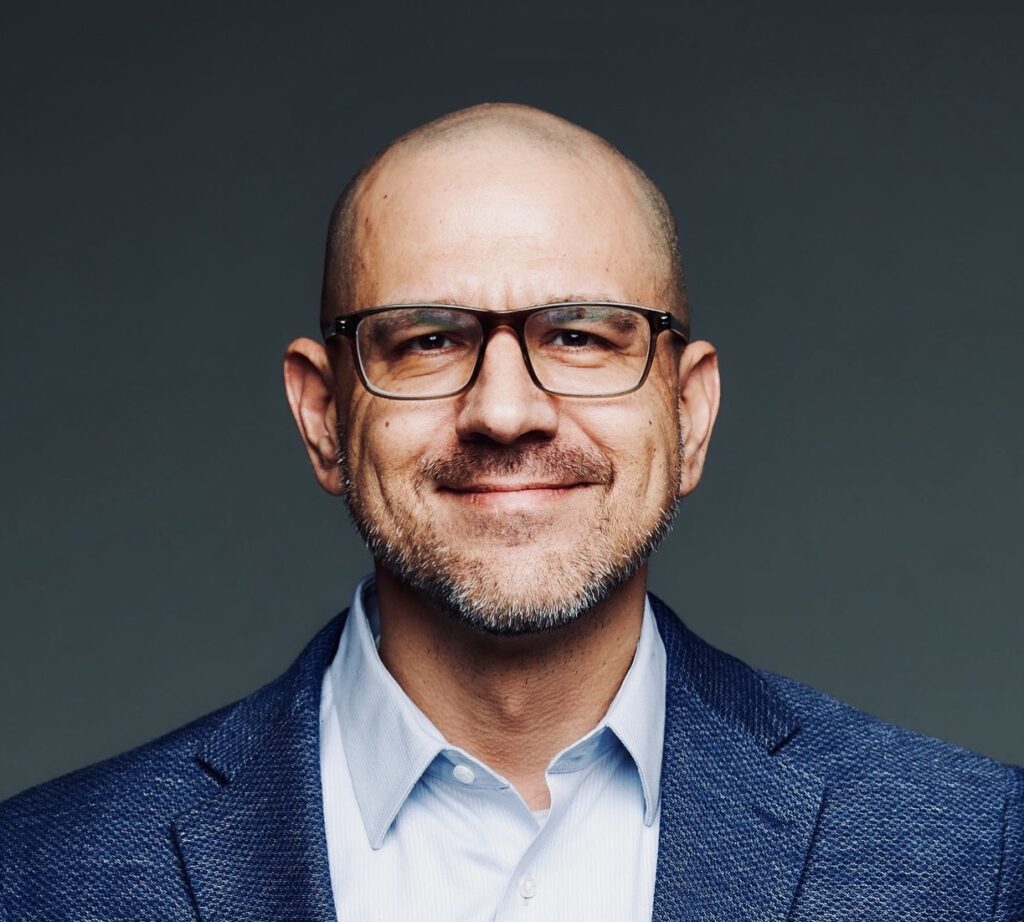
When I shared the behavior of Elizabeth’s family with doctor Jeffrey Gold at Children’s Hospital of Los Angeles (CHLA), he became very interested in the impact of VR as a family intervention. Essentially, 18Loop had deployed Tripp, a leading health and wellness meditation app, and Oculus VR technology and had achieved a palliative care physician’s dream: a family intervention centered on new technology with transformative benefits. VR helped Elizabeth’s family to let off steam physically, but it was the mental health benefit (including ancillary pain mitigation) that stood out. Basic immersion is a useful distraction, but what Tripp had done was to amplify this effect with scientifically specialized images and audio that augmented the neurological impact of the experience. Once we began to bring our JEIRS study to scale, we realized that we could subdivide our areas of impact into five categories, all of which relate to mindfulness and amount to startling proof of the efficacy of VR for our kids’ mental health. 18Loop’s VR intervention affected mood, pain, physical exercise, immersive learning and collaboration. Some of these areas were measurable immediately, others required the recruitment of industry partners who could help us with our goals for our ACCO kids.
Today, 18Loop partners with the American Childhood Cancer Organization (ACCO), American Medical Extended Reality Association (AMXRA), Cleanbox, the International VR Healthcare Association (IVRHA), Servier Pharmaceuticals and Tripp.

